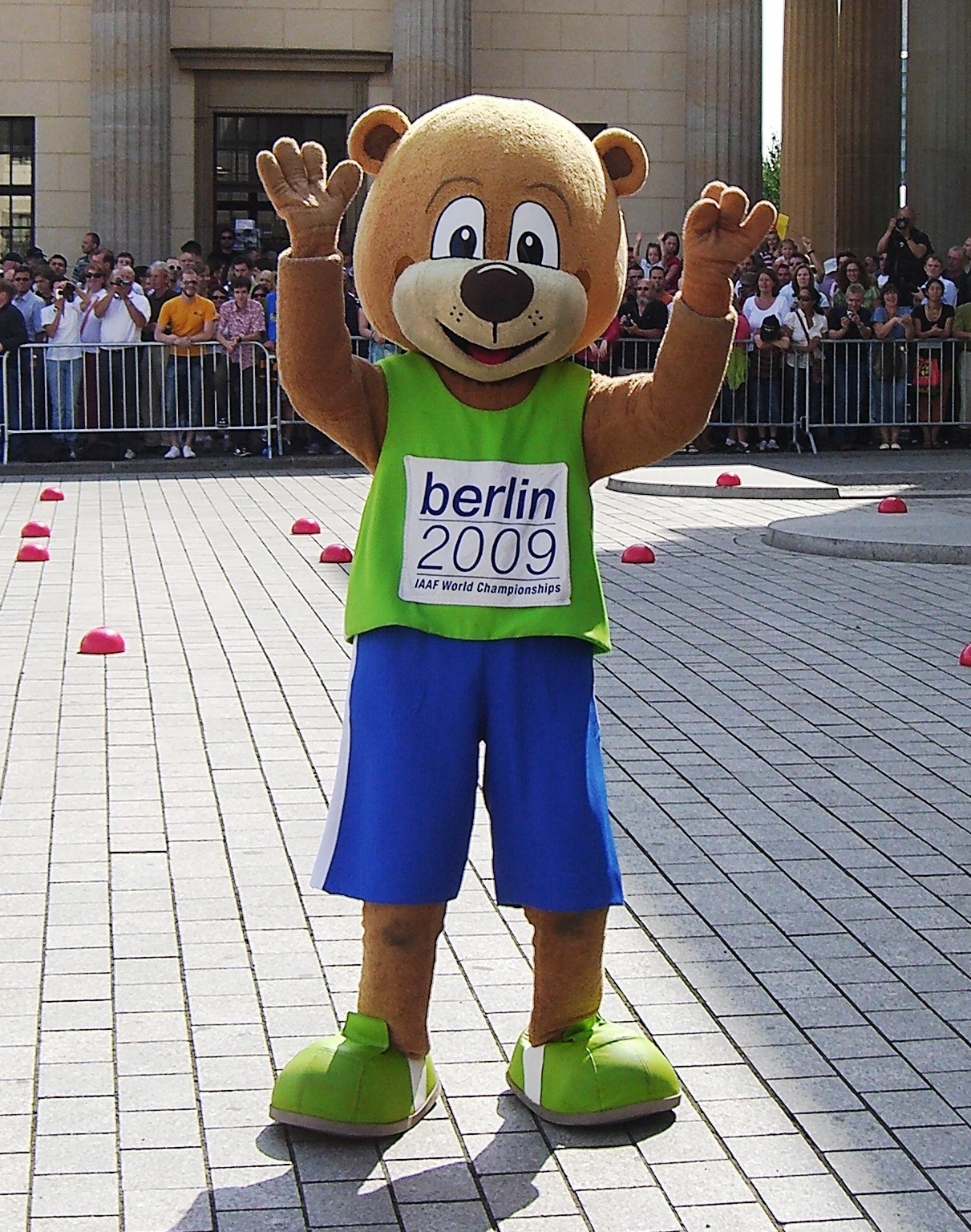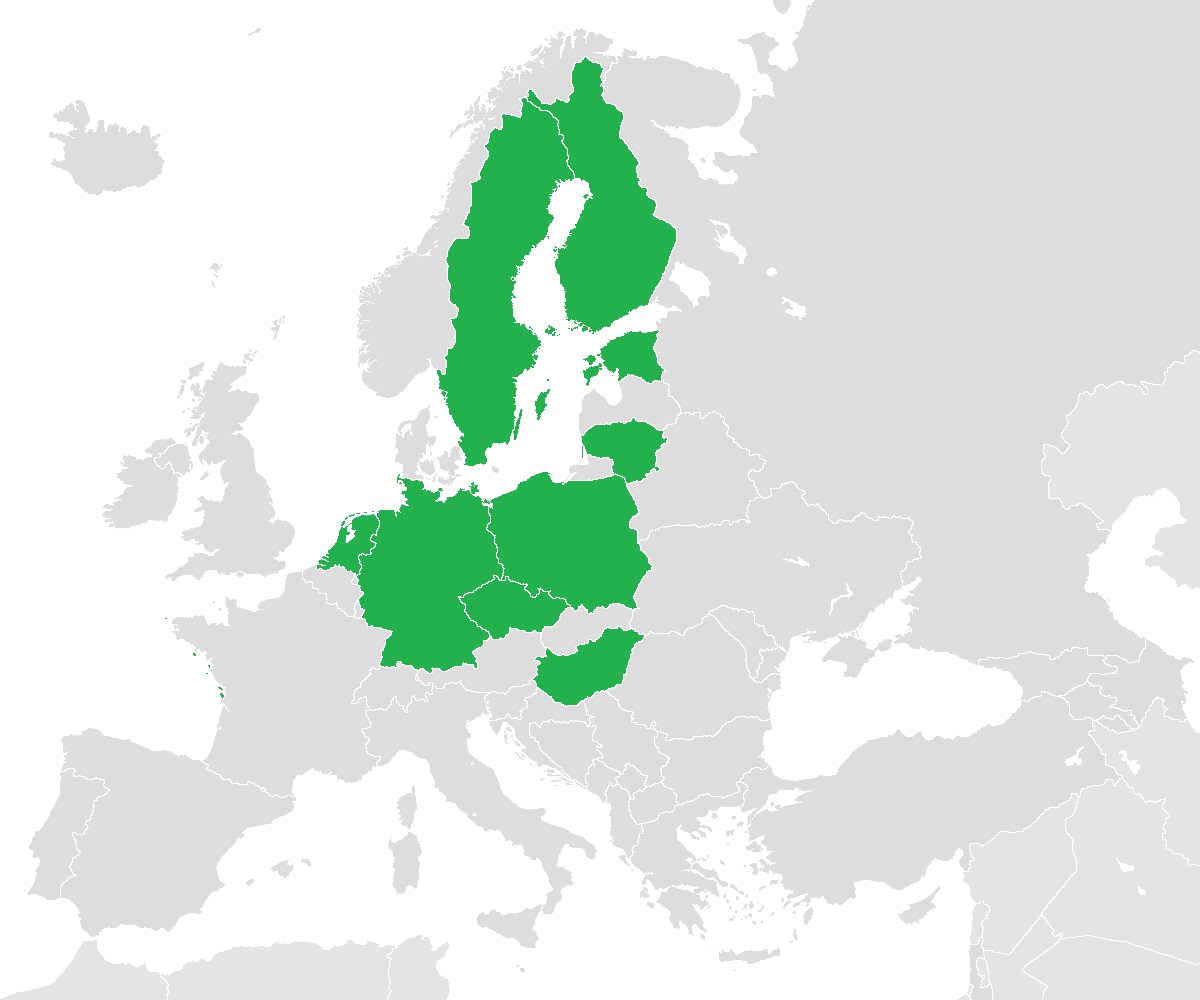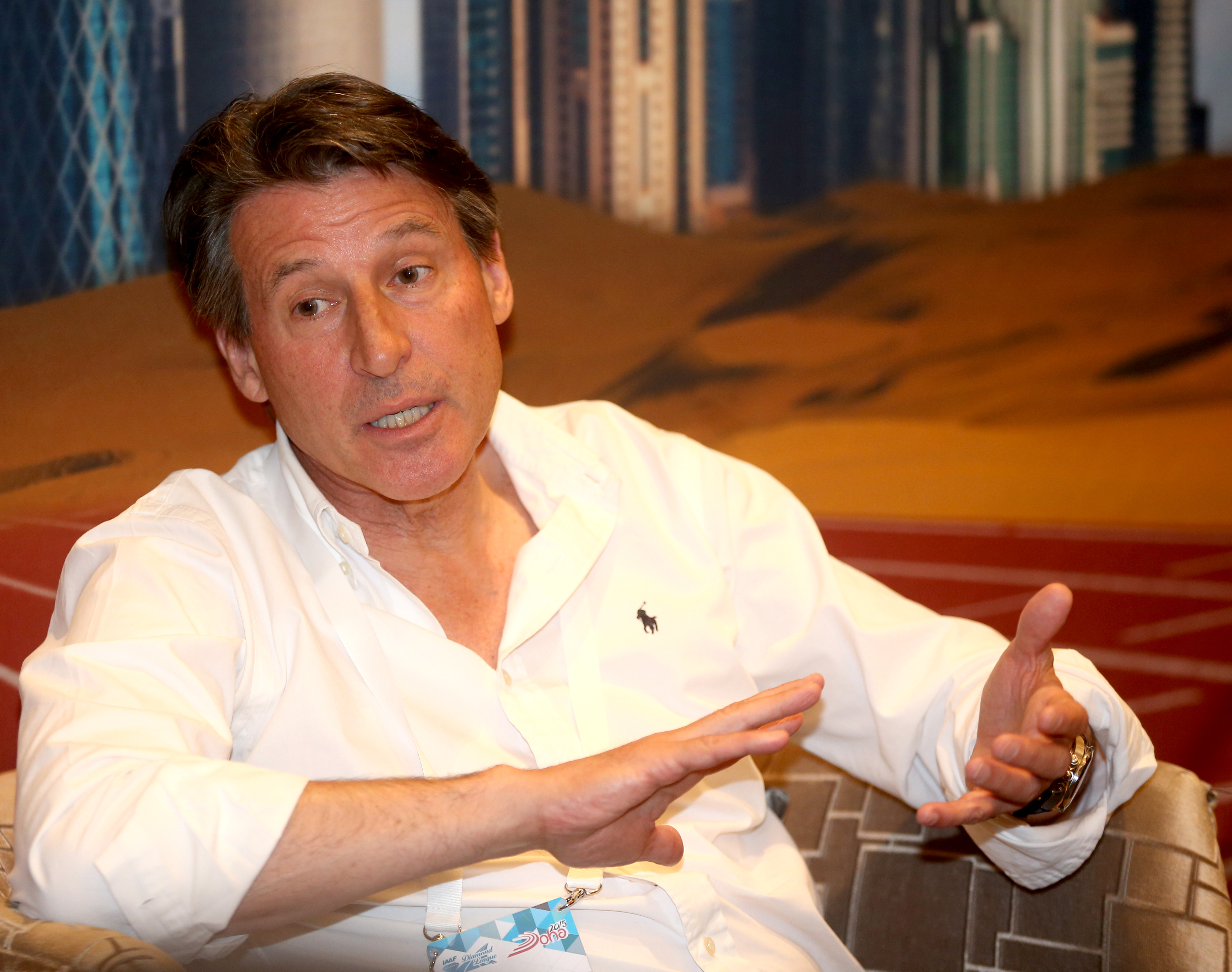|
Yuliya Krevsun
Yuliya Krevsun (nee Gurtovenko; born on 8 December 1980) is a Ukrainian middle-distance running athlete who specialises in the 800 metres. She is a member of Fenerbahçe Athletics club in Turkey. She won the silver medal at the 1999 European Athletics Junior Championships. In 2002–03 she competed in the European Championships and World Championships but began feeling tired of athletics. She gave up competitive athletics and settled down into family life, giving birth to her first child in 2005. However, in late 2005 she began feeling drawn back to running and started training with Olympic medallist Iryna Lishchynska. She regained full fitness in 2007 and won silver at the 2007 European Cup and gold at the 2007 Summer Universiade. After a poor performance at the 2007 World Championships, she rebounded in 2008, reaching the 800 metres final at the Beijing Olympics and competing at the World Athletics Final. She won the gold medal at the 2009 European Team Championships ... [...More Info...] [...Related Items...] OR: [Wikipedia] [Google] [Baidu] |
2009 World Championships In Athletics
The 12th IAAF World Championships in Athletics () were held in Berlin, Germany from 15–23 August 2009. The majority of events took place in the Olympiastadion, while the marathon and racewalking events started and finished at the Brandenburg Gate. Organization Bidding process Berlin was announced the winning bidder by the IAAF on 6 December 2004 beating out bids from Split (Croatia), Valencia (Spain), Brisbane (Australia), Brussels (Belgium), Delhi (India), Casablanca (Morocco) and Daegu (South Korea). The city of Berlin and the Deutscher Leichtathletik-Verband (German Athletics Association) are responsible for the organisation of the event. The Berlin Organising Committee 2009 GmbH, a corporation established by the DLV in 2005, will supervise the operative organisation of the competition. Costs Building upon Germany's history of successful athletics events, including the 1974 and 2006 FIFA World Cups the 1993 World Championships in Athletics, the 1936 and 1972 Summer Oly ... [...More Info...] [...Related Items...] OR: [Wikipedia] [Google] [Baidu] |
2008 IAAF World Athletics Final
The 6th IAAF World Athletics Final was held at the Mercedes-Benz Arena in Stuttgart, Germany on September 13 and September 14, 2008. A number of road races also took place on the second day of competition. There were seven different starting points around the Stuttgart area and the distances varied from 21 to 30 kilometres, with every race finishing in the Arena. Runners could join mid-race at specified times to allow for shorter distances and the aim was to have the runners finishing at a similar time. The road race ceremony was inspired by a similar event during the 1993 World Championships in Athletics, which was also held in the city. Results Men Women * Josephine Onyia of Spain was the original women's 100 m hurdles winner. She had tested positive for stimulant methylhexaneamine at the 2008 Athletissima meeting and also tested positive for Clenbuterol at the 2008 World Athletics Final, meaning her results were annulled. *The original discus winner, Yarely ... [...More Info...] [...Related Items...] OR: [Wikipedia] [Google] [Baidu] |
2008 IAAF Golden League
The 2008 Golden League was the 11th edition of the IAAF's annual series of six athletics meets, held across Europe, with athletes having the chance to win the Golden League Jackpot of $1 million. Programme Results Men Women External links Official site{{WAT Golden League IAAF Golden League ... [...More Info...] [...Related Items...] OR: [Wikipedia] [Google] [Baidu] |
400 Metres
The 400 metres, or 400-meter dash, is a sprint event in track and field competitions. It has been featured in the athletics programme at the Summer Olympics since 1896 for men and since 1964 for women. On a standard outdoor running track, it is one lap around the track. Runners start in staggered positions and race in separate lanes for the entire course. In many countries, athletes previously competed in the 440-yard dash (402.336 m)—which is a quarter of a mile and was referred to as the 'quarter-mile'—instead of the 400 m (437.445 yards), though this distance is now obsolete. Like other sprint disciplines, the 400 m involves the use of starting blocks. The runners take up position in the blocks on the 'ready' command, adopt a more efficient starting posture which isometrically preloads their muscles on the 'set' command, and stride forwards from the blocks upon hearing the starter's pistol. The blocks allow the runners to begin more powerfully and the ... [...More Info...] [...Related Items...] OR: [Wikipedia] [Google] [Baidu] |
2007 European Athletics Indoor Championships
The 2007 European Athletics Indoor Championships were held in the National Indoor Arena (NIA) in Birmingham, England, from Friday, 2 March to Sunday, 4 March 2007. Birmingham also held the 2003 IAAF World Indoor Championships. Men's results Track Field Combined Women's results Track Field Combined Medal table Participating nations * (2) * (1) * (6) * (1) * (13) * (6) * (9) * (4) * (3) * (10) * (7) * (10) * (15) * (31) * (1) * (31) * (4) * (40) * (11) * (7) * (4) * (13) * (3) * (17) * (9) * (1) * (5) * (1) * (2) * (3) * (1) * (1) * (10) * (7) * (27) * (6) * (25) * (64) * (1) * (4) * (8) * (14) * (37) * (15) * (4) * (4) * (21) See also *2007 in athletics (track and field) References External links Birmingham 2007 Official websiteEAA Official website {{European athletics champs European Athletics Indoor Championships E European Indoor Championships in Athletics International sports competitions in Birmingham, West Midlands International athletics competiti ... [...More Info...] [...Related Items...] OR: [Wikipedia] [Google] [Baidu] |
Nataliya Tobias
Nataliya Viktorivna Tobias ( uk, Наталія Вікторівна Тобіас, '' née'' Sydorenko (Сидоренко); born 22 November 1980 in Serov, Soviet Union) is a female former middle-distance runner from Ukraine, who specialized in the 1500 metres. She holds personal bests of 4:01.78 minutes for the 1500 m, 2:02.31 minutes for the 800 metres, and 8:51.32 minutes for the 3000 metres.Nataliya Tobias IAAF. Retrieved 2019-04-30. Tobias represented her country at the Olympics twice, including a 1500 m bronze medal at the 2008 Beijing Olympics. She also competed at the |
2003 World Championships In Athletics
The 9th World Championships in Athletics, under the auspices of the International Association of Athletics Federations, were held from 23 August to 31 August 2003 in the Stade de France in Saint-Denis, Seine-Saint-Denis, France. Men's results Track 1999 , 2001 , 2003 , 2005 , 2007 Note: * Indicates athletes who ran in preliminary rounds. 1 Jerome Young of the United States originally finished first in 44.50, but was disqualified after he tested positive for drugs in 2004. 2 The United States (Calvin Harrison, Tyree Washington, Derrick Brew, Jerome Young) originally finished first in 2:58.88, but were disqualified after Jerome Young and Calvin Harrison both tested positive for drugs in 2004. Field 1999 , 2001 , 2003 , 2005 , 2007 Women's results Track 1999 , 2001 , 2003 , 2005 , 2007 Note: * Indicates medalists who ran in preliminary rounds. Field 1999 , 2001 , 2003 , 2005 , 2007 File:2007 Events Collage.png, From top left, clockwise: Steve Jobs unveils A ... [...More Info...] [...Related Items...] OR: [Wikipedia] [Google] [Baidu] |
European Cup (athletics)
The European Cup is a former athletics competition for European teams that was replaced by the European Team Championships starting in 2009. The European Cup saw most of the major nations of Europe compete. Originally known as the Bruno Zauli Cup, it first took place in 1965 in Stuttgart (men) and Kassel (women), Germany. Initially, the competition was a bi-annual event (tri-annual once); however, from 1993, it took place once every year. History The main idea of the cup, developed by Bruno Zauli, president of the European Committee of the International Association of Athletics Federations, was to create a competition for all European athletics federations, in which they would face each other in track and field events. Although Zauli died a few months before the launch of the first event, the competition has gone from strength to strength. The competition always had different leagues through which countries had to progress. For the first twenty years, there were different groups ( ... [...More Info...] [...Related Items...] OR: [Wikipedia] [Google] [Baidu] |
European Athletics U23 Championships
The European Athletics U23 Championships is a biennial athletics competition for European athletes under the age of 23, which is organized by the European Athletic Association. The oldest of the 'age-group' track and field events held by European Athletics - European Athletics U20 Championships (previously called 'Junior Championships') are held in the same odd numbered years, while the European Athletics U18 Championships, previously the 'Youth Championships' are held in even numbered years. The event was first held in 1997 and was a replacement for the European Athletics U23 Cup – a biennial event which had "A" and "B" level leagues that was held in 1992 and 1994. GBR Athletics. Retrieved on 2010-07-21. Editions European Athletics U23 Cup ...
|
IAAF
World Athletics, formerly known as the International Amateur Athletic Federation (from 1912 to 2001) and International Association of Athletics Federations (from 2001 to 2019, both abbreviated as the IAAF) is the international governing body for the sport of athletics, covering track and field, cross country running, road running, race walking, mountain running, and ultra running. Included in its charge are the standardization of rules and regulations for the sports, certification of athletic facilities, recognition and management of world records, and the organisation and sanctioning of athletics competitions, including the World Athletics Championships. The organisation's president is Sebastian Coe of the United Kingdom, who was elected in 2015 and re-elected unopposed in 2019 for a further four years. World Athletics suspended the Russian Athletics Federation (RusAF) from World Athletics starting in 2015, for eight years, due to doping violations, making it ineligible ... [...More Info...] [...Related Items...] OR: [Wikipedia] [Google] [Baidu] |
Donetsk
Donetsk ( , ; uk, Донецьк, translit=Donets'k ; russian: Донецк ), formerly known as Aleksandrovka, Yuzivka (or Hughesovka), Stalin and Stalino (see also: cities' alternative names), is an industrial city in eastern Ukraine located on the Kalmius River in Donetsk Oblast. The population was estimated at in the city core, with over 2 million in the metropolitan area (2011). According to the 2001 census, Donetsk was the fifth-largest city in Ukraine. Administratively, Donetsk has been the centre of Donetsk Oblast, while historically, it is the unofficial capital and largest city of the larger economic and cultural Donets Basin (''Donbas'') region. Donetsk is adjacent to another major city, Makiivka, and along with other surrounding cities forms a major urban sprawl and conurbation in the region. Donetsk has been a major economic, industrial and scientific centre of Ukraine with a high concentration of heavy industries and a skilled workforce. The density of he ... [...More Info...] [...Related Items...] OR: [Wikipedia] [Google] [Baidu] |
10 Kilometres
1 (one, unit, unity) is a number representing a single or the only entity. 1 is also a numerical digit and represents a single unit (measurement), unit of counting or measurement. For example, a line segment of ''unit length'' is a line segment of length 1. In conventions of sign where zero is considered neither positive nor negative, 1 is the first and smallest Positive number, positive integer. It is also sometimes considered the first of the sequence (mathematics), infinite sequence of natural numbers, followed by 2, although by other definitions 1 is the second natural number, following 0. The fundamental mathematical property of 1 is to be a multiplicative identity, meaning that any number multiplied by 1 equals the same number. Most if not all properties of 1 can be deduced from this. In advanced mathematics, a multiplicative identity is often denoted 1, even if it is not a number. 1 is by convention not considered a prime number; this was not universally ac ... [...More Info...] [...Related Items...] OR: [Wikipedia] [Google] [Baidu] |




